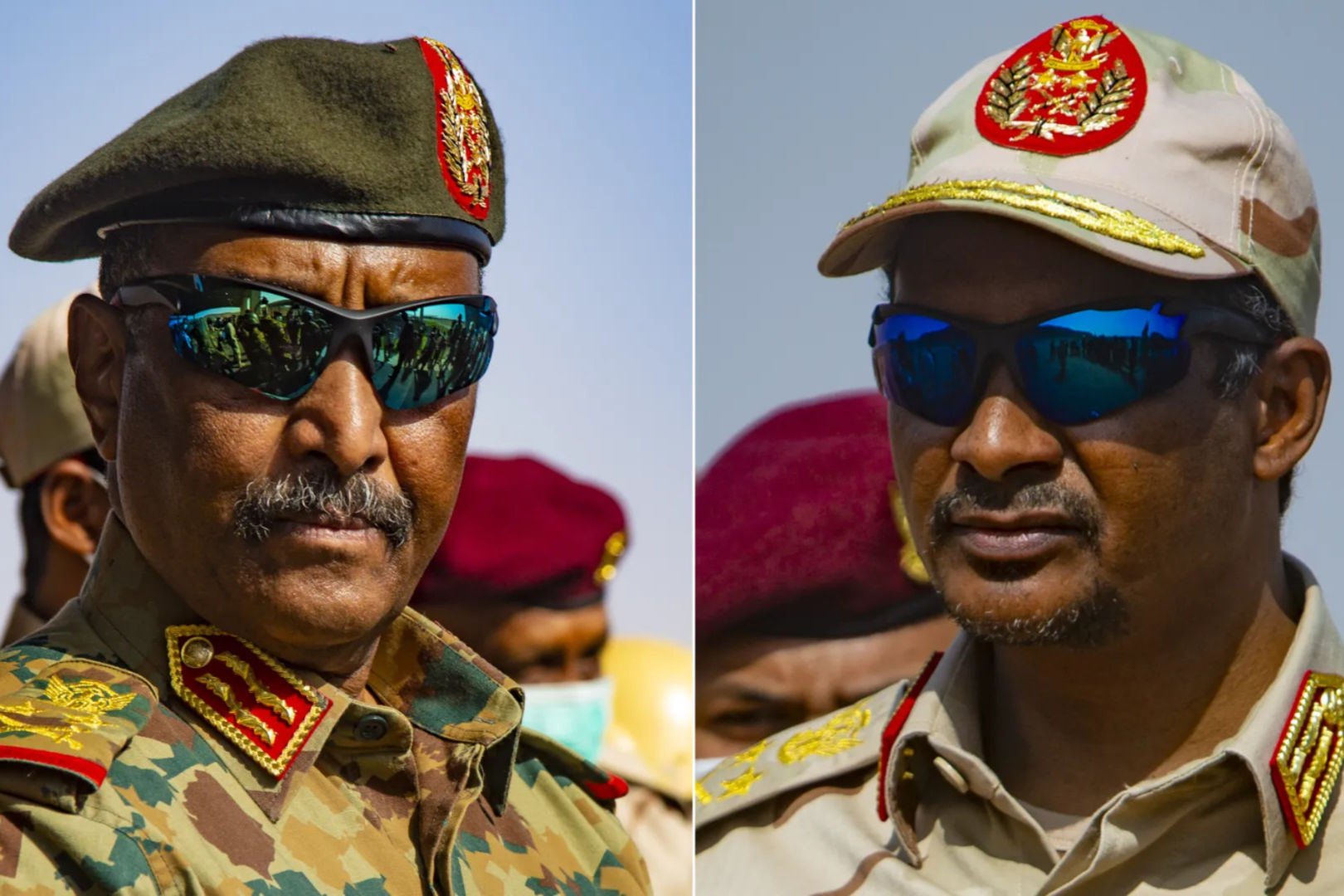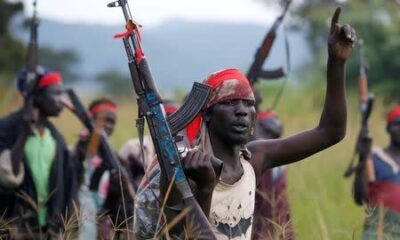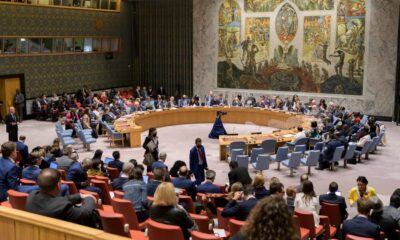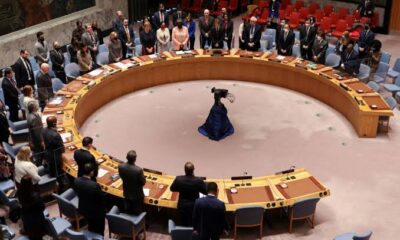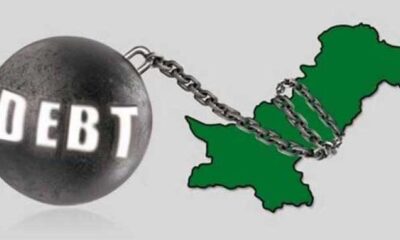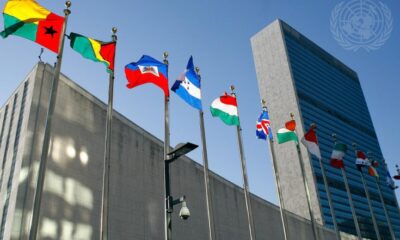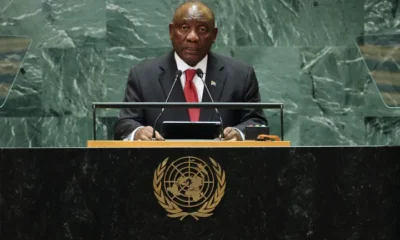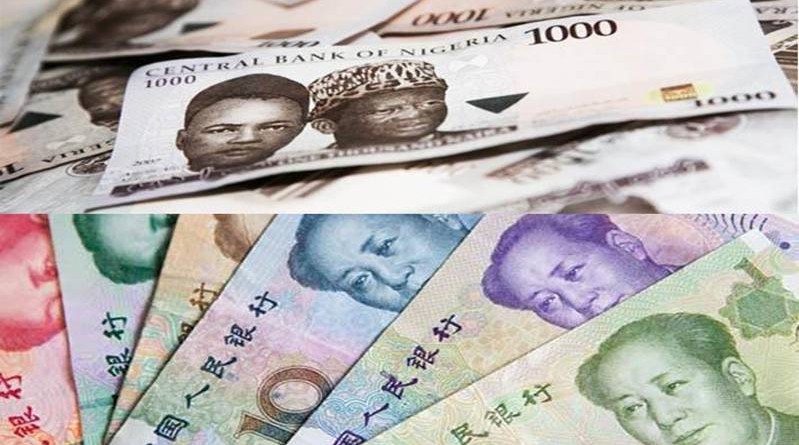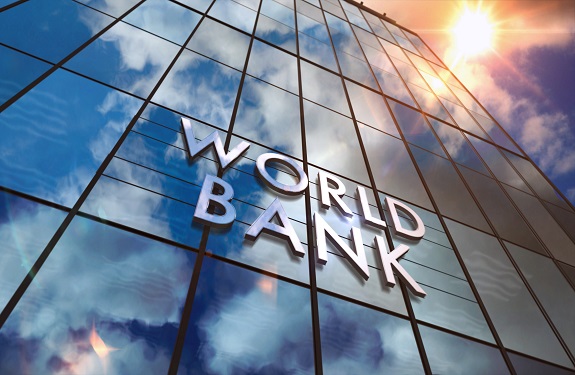A United Nations-mandated panel stated on Friday that both sides in Sudan’s civil war had engaged in acts that may qualify as war crimes, and proposed that to protect civilians, international powers must expand the arms embargo and send in peacekeepers.
The report claimed to be based on 182 interviews with survivors, families, and witnesses. It detailed the rape, attacks, use of torture, and arbitrary arrests committed by Sudan’s army and the paramilitary Rapid Support Forces (RSF) against civilians.
“The gravity of our findings and failure of the warring parties to protect civilians underscores the need for urgent and immediate intervention,” the U.N. fact-finding mission’s chair, Mohamed Chande Othman, told reporters.
Both parties have denied previous allegations by rights organisations and the United States and accused one another of abusing power. Neither stated in reaction to the allegations or answered enquiries for comment on Friday right away.
Othman and the other two mission members demanded the immediate deployment of an independent force.
“We cannot continue to have people dying before our eyes and do nothing about it,” mission member Mona Rishmawi said. A U.N.-mandated peacekeeping force was a possibility, she added.
The mission advocated for the extension of an arms embargo now in place by the United Nations, which only covers the western part of Darfur and the thousands of documented ethnic killings there. Fourteen of the eighteen states in the country have been affected by the conflict that began in Khartoum in April of last year.
According to the mission, there were also good reasons to suspect that the RSF and its affiliated militias had perpetrated other war crimes, including kidnapping women forcing them into prostitution and recruiting minors as fighters.
Unnamed support groups had received allegations of over 400 rapes in the first year of the war, but mission member Joy Ngozi Ezeilo said the actual number was likely considerably higher.

